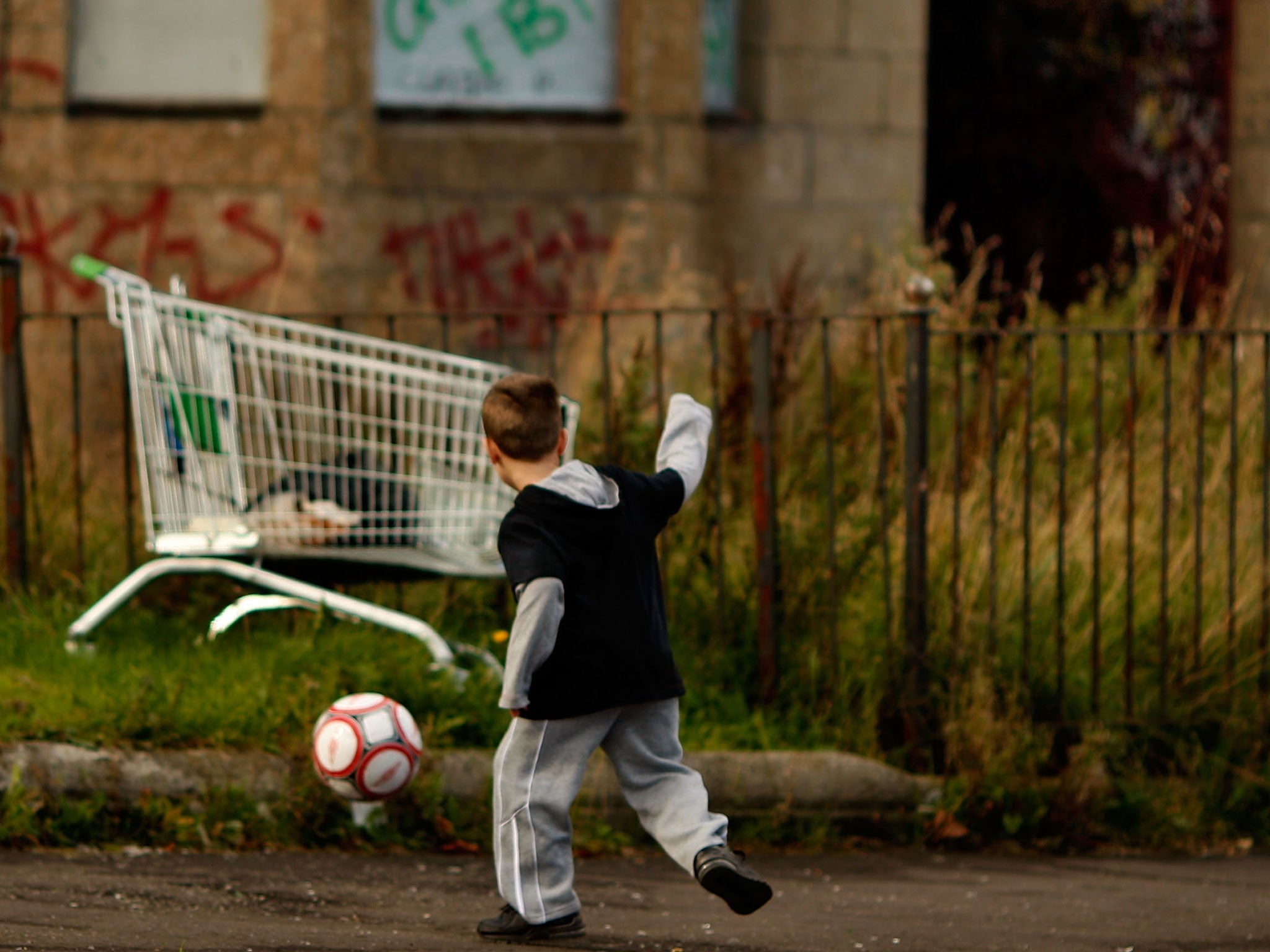Pay up or watch child poverty get worse, top advisers tell Coalition
Alan Milburn and Baroness Shephard call on Government to ‘put its money where its mouth is’

Your support helps us to tell the story
From reproductive rights to climate change to Big Tech, The Independent is on the ground when the story is developing. Whether it's investigating the financials of Elon Musk's pro-Trump PAC or producing our latest documentary, 'The A Word', which shines a light on the American women fighting for reproductive rights, we know how important it is to parse out the facts from the messaging.
At such a critical moment in US history, we need reporters on the ground. Your donation allows us to keep sending journalists to speak to both sides of the story.
The Independent is trusted by Americans across the entire political spectrum. And unlike many other quality news outlets, we choose not to lock Americans out of our reporting and analysis with paywalls. We believe quality journalism should be available to everyone, paid for by those who can afford it.
Your support makes all the difference.The number of children growing up in poor families could rocket to more than three million during the period over which ministers have pledged to eradicate the problem, the Government’s advisers on child poverty warn tomorrow.
In their first interview since taking over as chairman and deputy chairman of a new Social Mobility and Child Poverty Commission, Alan Milburn, Labour’s former Health Secretary, and Baroness [Gillian] Shephard, the Conservative former Education Secretary, told The Independent that there was no chance of the Coalition hitting its target, enshrined in law by the previous Labour government, to abolish child poverty by 2020.
Although all the main parties have signed up to the 2010 Child Poverty Act, Mr Milburn said: “I don’t think there is a cat in hell’s chance that the 2020 target will be hit.” He added: “They [the parties] should either put their hand in their pocket or stop pretending.”
Mr Milburn and Lady Shephard also called on the Coalition to “put its money where its mouth is” by putting child poverty and social mobility “at the core” of its policies rather than merely paying lip service to them.
They proposed that the independent Office for Budget Responsibility should disclose the impact each Budget would have on the two problems in the report it publishes alongside the Chancellor’s annual statement.
The latest figures show that 2.3 million children (18 per cent) were defined as being impoverished in 2010-11. The Commission has found no evidence to call into question a bleak estimate by the Institute for Fiscal Studies that the figure could rise as high as 3.3 million by 2020 as the Government’s austerity programme bites.
Some 200,000 children will be pushed into poverty by the controversial decision to cap annual benefit rises at 1 per cent for three years from this month. In the interview, the commission’s chairman and deputy also:
* warned of a lack of clarity and consistency in the Government’s approach, with too many overlapping initiatives on poverty hindering the drive to tackle it;
* said George Osborne’s £1bn boost for childcare in the March Budget would help the better-off more than those at the bottom of the income scale;
* called for a rethink over a proposal by Iain Duncan Smith to change the way poverty is measured so that it is no longer based solely on income.
Mr Milburn and Lady Shephard praised the Coalition for setting up the commission, saying it was a sign that ministers wanted to shine a light on child poverty and social mobility and be held to account on the issues. But they are worried that, as previously agreed cuts to the welfare budget take effect, poverty will get much worse before there is any chance it will fall.
The commission’s assessment could prove embarrassing for the Coalition. From this month, the annual rise in most benefits will be capped at 1 per cent for three years; an annual benefits ceiling of £26,000 for a family is being phased in; and cuts in housing benefit for social housing tenants with a spare room also take effect.
Conservative ministers are pressing for more welfare savings in an attempt to protect their own budgets as Mr Osborne seeks a further £11.5bn of cuts in the 2015-16 financial year. A government-wide spending review will be completed in June, but the Liberal Democrats are opposing a further raid on the welfare budget.
Join our commenting forum
Join thought-provoking conversations, follow other Independent readers and see their replies
Comments